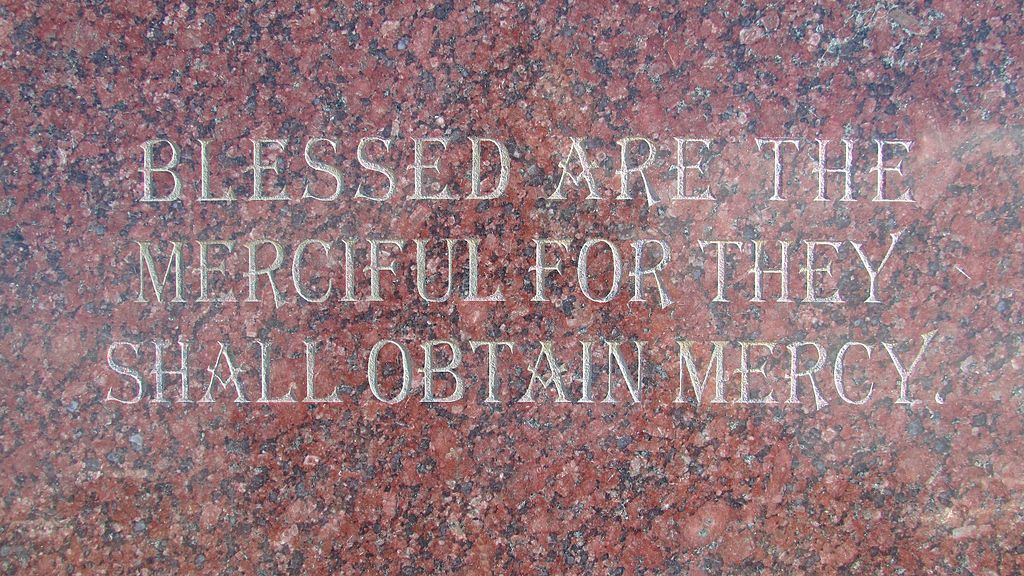The first four Beatitudes are entirely inner principles, dealing with how you see yourself before God. This fifth Beatitude, while also being an inner attitude, begins to reach out and touch others. This is the fruit of the other four. When we have poverty of spirit and when we realize that we are nothing but beggars, we will be willing to give to another beggar, so we will be merciful.
Many merciful people are treated indifferently or even cruelly in return—Jesus Christ himself serves as the chief example. However, check out the cause and effect presented in this Beatitude. “Mercy” is showing compassion for people in need.
Jesus likely used the Hebrew word rachmani, which implies a deep love (as in a parent to a child) and is sometimes translated “compassion” or “pity.” It has the sense of active empathy—to feel what another is feeling. The merciful feel the pain of others as their own.
Are you merciful?
Click here to continue




